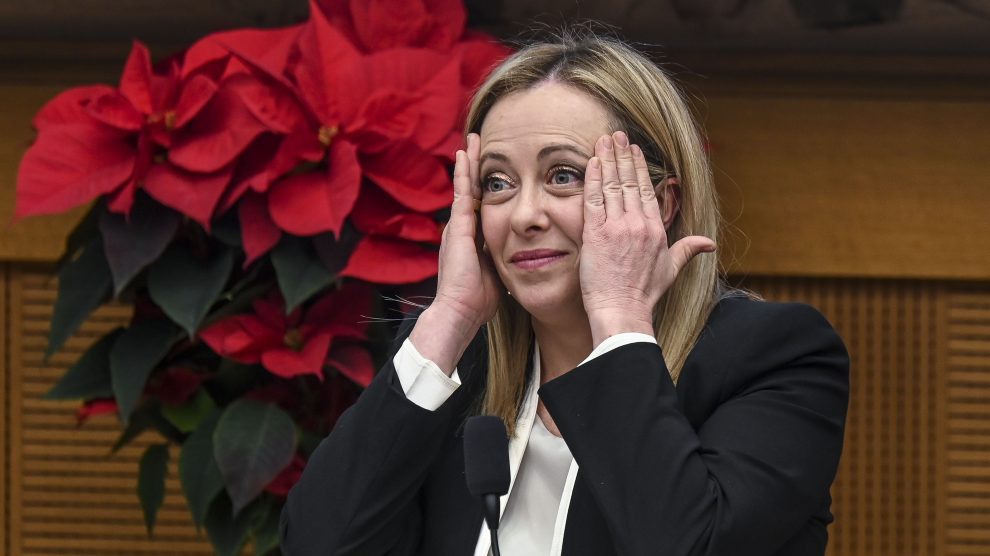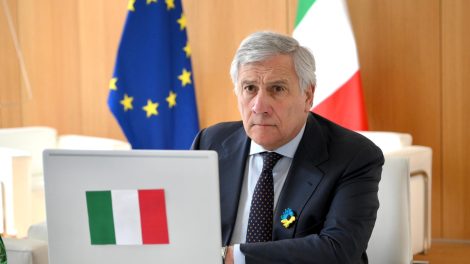Inflation, #4 risk. The global inflation shock “will have powerful economic and political ripple effects in 2023,” according to Eurasia Group’s 2023 Top Risks.
- The #1 risk for 2023 is Rogue Russia. Other risks include: Maximum Xi (#2), Weapons of mass disruption (#3), Inflation shockwaves (#4), Iran in a corner (#5), Energy crunch (#6), Arrested global development (#7), Divided States of America (#8), TikTok boom (#9), and Water stress (#10).
- Eurasia Group President and Founder Ian Bremmer and Chairman Cliff Kupchan co-wrote the report.
In good company. “The combination of high inflation, rising interest rates, and insufficient fiscal support will push the global economy into recession”, it reads. “Where governments muddle through, popular pressure for fiscally unsustainable policies in a tight financial environment will exacerbate debt problems and could trigger market instability— for example, in the UK, Italy, Brazil, Colombia, and Hungary.”
- According to Eurasia Group, “in some advanced economies such as the United Kingdom and Italy, and in most developing markets, comprehensive and long-lasting fiscal support measures will be too expensive. As a result, households and companies will see their real incomes erode”.
- Nine out of 10 economists in a Financial Times poll identified Italy as the eurozone country “most at risk of an uncorrelated sell-off in its government bond markets”.
“Red herrings”. The report also includes several “red herrings”— issues that, despite popular attention, are unlikely to pose significant threats or drive instability in the coming year.
- It includes EU political dysfunction. “[T]he crises of the last several years – the eurozone debt crisis, Brexit, the Covid-19 pandemic, and the Russia-Ukraine war – have all strengthened the European Union as a political actor. It now has stronger common fiscal policies, energy policies, health policies, and defense policies than ever before.”
- “With a new government in Berlin struggling at home and abroad, French President Emmanuel Macron hobbled by his lack of a parliamentary majority, and Mario Draghi’s exit as Italy’s prime minister, there is no one capable of leading the bloc through this year’s travails. And yet, we expect the EU to remain cohesive in 2023.”
- “An existential threat from a surge in populism as a result of cost-of-living challenges is also unlikely. Italy’s post-fascist ruling party, the Brothers of Italy, has tacked to the center. In France, Macron has assembled a fragile ad-hoc majority with the center right, and even if he calls an early election, the populists will remain divided and far from a majority. While Spanish elections at the end of next year may see the far-right Vox enter government for the first time, the center-right opposition Popular Party will remain firmly in the lead. The center-right government in Greece should narrowly hold onto power next summer, while Poland’s euroskeptic government is likely to be replaced by a liberal, more pro-EU coalition in the fall.”





